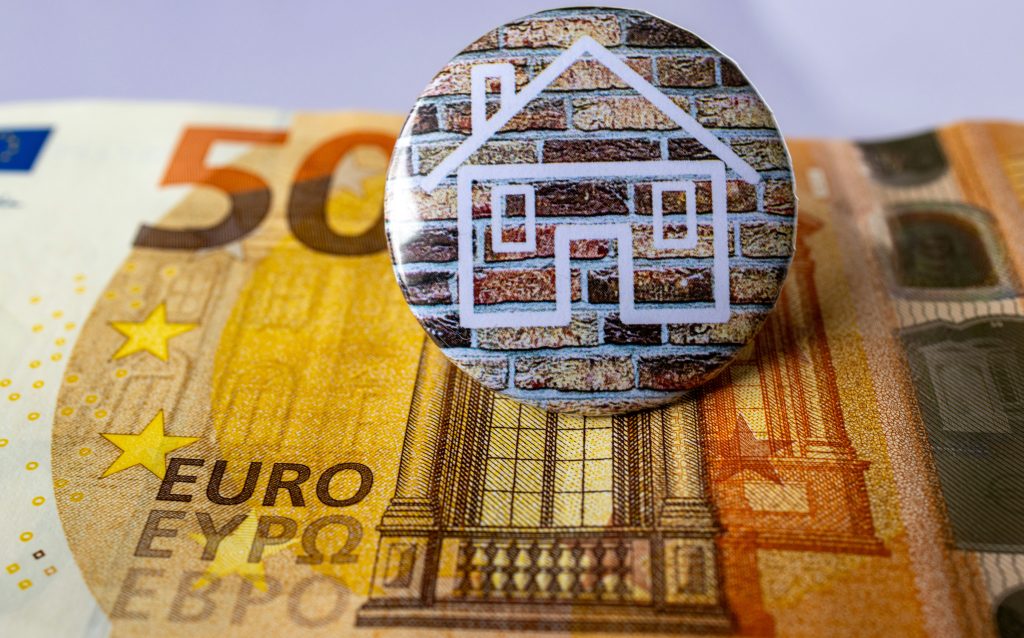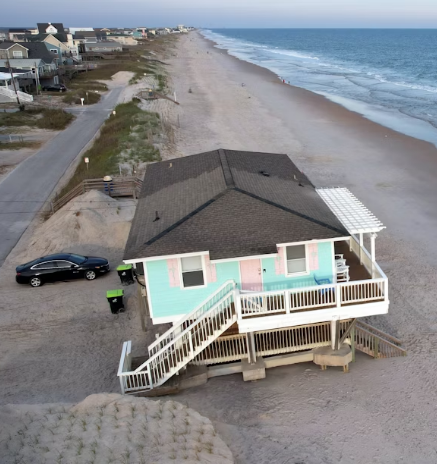
Spain’s ‘100% Property Tax’: What Every Expat Needs to Know
Have you been hearing alarming whispers about a massive new property tax in Spain? Talk of a “100% property tax” has certainly spread quickly. It sounds incredibly worrying, especially if you’re dreaming of owning a piece of that beautiful life overseas. But what’s truly going on? Let’s take a deep breath and break down the facts, because understanding these big details really matters.
Just a Proposal, Not a Done Deal
First, and this is the most crucial point: this tax is only a proposal. Spain’s Prime Minister, Pedro Sánchez, announced it in mid-January 2025. The core idea is to impose a tax of up to 100% on properties bought by non-EU, non-residents. The main goal here is to target large overseas investors. They are not specifically aiming at long-term expats who plan to live there.
It’s vital to remember that the Spanish government is a minority one. This means they absolutely need parliamentary approval for such a significant change. Nothing is official yet. The proposal must go through many stages before it could ever become law.
The Confusing “100%”: What Does it Mean?

This is where much of the anxiety and confusion truly lies. Mainstream news reports, from major global outlets, have interpreted “100%” as an additional tax equal to the property’s entire value. So, if you bought a home for $400,000, you would then pay another $400,000 in tax. Imagine that! This interpretation suggests purchasers would pay double the property’s price.
However, some insiders, experts, and even online communities suggest the wording is actually quite muddy. They believe the language hints at a 100% increase in the existing transfer tax. For instance, if the current transfer tax is typically 7-10% in a certain region, it would then double to 14-20%. This is still a substantial increase, but it’s a very different figure from paying the entire property’s value again. The exact meaning remains incredibly unclear, and we truly need official clarification.
Who Would This Affect (and Who Wouldn’t)?
If this proposal somehow becomes law, it specifically targets non-EU, non-resident individuals. This group includes people from countries like the United States, Canada, and even post-Brexit Brits who have not secured EU residency. These are the primary targets of the proposed measure.
However, there’s good news for many: EU citizens and legal residents of Spain would likely not be affected. The proposal is designed to differentiate between investors and those who genuinely make Spain their home. If you live in Spain for at least 183 days per year, the Spanish government considers you a tax resident. In such a case, you would most likely be exempt from this specific tax.
An Uncertain Path, Full of Challenges
Many critics quickly pointed out that this proposal might be more about political messaging than a workable plan. They argue it faces numerous hurdles. These include potential legal challenges, significant loopholes, and strong political resistance from various parties.
It’s also worth considering the actual market impact. Non-EU buyers made up a relatively small portion—only 3-5%—of property transactions in Spain during 2023. This relatively low figure makes some experts question the real economic impact this tax would have, even if implemented. This also raises questions about the true motivation behind the proposal.
What Should Expats Do Right Now?
Let’s reiterate: No new tax is in effect yet. It’s crucial to understand that this is still very much in the discussion phase. The specific details, whether it’s a full 100% purchase tax or simply a doubling of existing fees, are still incredibly uncertain. What we do know is that EU citizens and current residents are expected to be exempt.
So, how should you proceed? The best advice is to monitor the situation very closely. Keep a keen eye on parliamentary debates in Spain. Also, look for official releases from the Spanish government, especially from the Ministry of Housing. Remember that property taxes can sometimes vary by region within Spain, so regional autonomy could also play a role in how any new law might be applied.
While the headlines about a “100% property tax” are certainly designed to grab your attention, the reality is far from finalized. Its true form, if it ever passes, is still very much up in the air, pending legislative action. Stay informed, but remember: there’s no need to panic.











